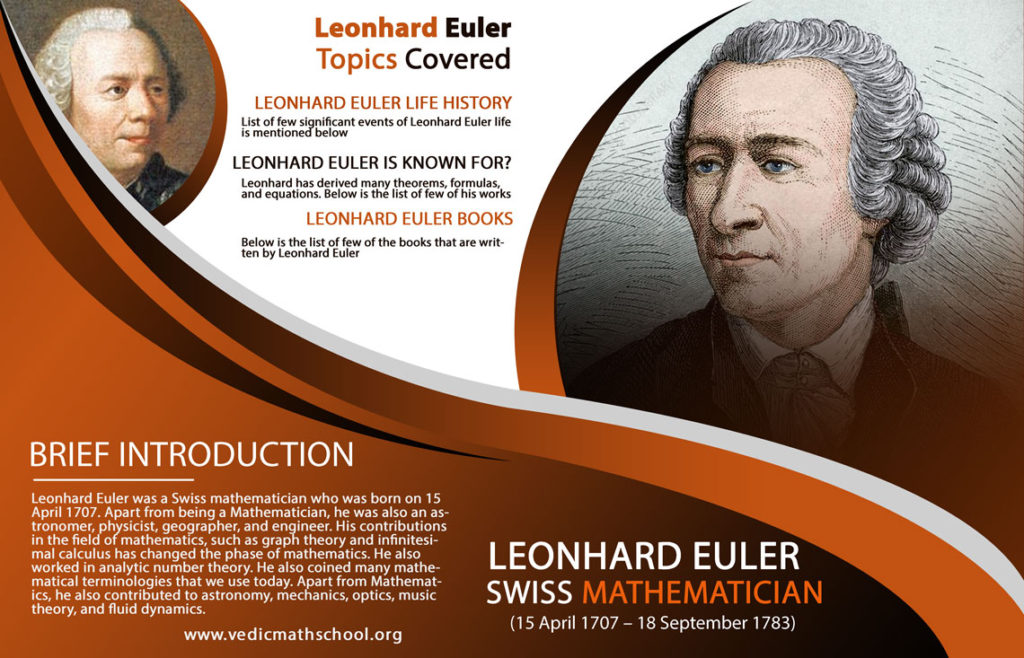Claude Bernard was a French Physician, a Scientist, and also a Physiologist, Claude Bernard was also known as one of “the greatest of all men in science”. He was the one who initiated Physiology as an important subject or area in science.
Claud Bernard’s writings on the philosophy of science and his contribution to the experimental laboratory made him one of the important figures of the 19th century.
Time and Place of birth
Claude Bernard was born in the village of Saint-Julien on 12 July 1813 in France.
Claude Bernard Early Life
In his childhood he went to the Jesuit school of that town for his early education Bernard was described as a serious, silent, unfocused, thoughtful student. In his early life, he entered the college at Lyon, which he soon left because he wanted to become an assistant in a druggist’s shop.
While working there Bernard started building interest in the medicines of the nineteenth century; he mostly got one night off per month and he used to spend that night at the theatre.
And there he evolved very quickly and became a Playwright and wrote some sketches and sold them for 100 francs. He started to write a five-act drama and his new interest was enabling him to focus on Pharmacy which led to his dismissal there in 1833.
And to kick start he went to Paris when he was twenty-one there he was advised by Saint-Marc Girardin to pursue Medicine rather than Playwriting and following the advice, Bernard entered the Faculty of Medicine in Paris that same year and soon was entered as an extern in the hospital. Bernard ranked 26th out of 29 students who were passing the internship exam.
Claude Bernard Adulthood
Bernard in his Adulthood started to work on Magendie’s research on spinal nerves, this happened when Bernard came in contact with the great physiologist Francois Magendie he was working as a Physician in the hospital.
Bernard won his Doctorate with a dissertation in 1843 and Bernard at the age of 32 got married to Marie Francoise in the year 1845, and then Bernard became the deputy-professor for Magendie at the college in the year 1847, and till 1855 he finally became took his place and become a full professor.
The years of 1843 to 1851 were the years he did most of his discoveries in his initial laboratory, this small laboratory was in the Latin Quarter, Paris. In the year 1860, for the American Philosophical Society, Bernard got elected as an international member.
During his investigations earlier in his studies Bernard learned the importance of Chemistry and he also collaborated with a Chemist M. Barry Will and both of them worked together for quite a while and published six papers together.
Must Read These Also.
- Henri Poincare Originator of Algebraic Topology
- Rene Descartes : French Mathematician, Scientist and philosopher
Bernard Claude Education and Career
Bernard’s Education started from his house where his father taught him and at the age of eight he went to the Jesuit school and then attended the college at Lyon but soon left the college and joined a druggist store as an assistant, he also started writing as a playwright as he used to go to theaters and to build his career in the same went to Paris but there he although studied Medicine at the Science Faculty of Paris. Bernard also won his degree of Doctorate.
While in his career he started as an assistant at a store and then built an interest in playwriting but took the advice of Saint-Marc Girardin and started studying Medicine and then worked for Magendie in the college and Bernard became a full professor. He used to do a lot of discoveries in his small, dark laboratory in Paris.
Bernard Claude Contribution in Science
Bernard’s contribution to Science, Bernard’s one of the most important aims was to initiate in Medicines the use of Scientific methods. Bernard also tried to answer all types of misconceptions, commonly presumed questions, and depend on experiments.
The Function of Pancreas
This was the first and most important work of Bernard, here his investigation led to the discovery that the pancreatic juice proved that this is the result of digestion. This experiment made Bernard win the prize of experiment in physiology from the French Academy of Sciences.
Must Read These Also.
- Blaise Pascal : French Mathematician Physicist, Inventor, and Writer
- Augustin Louis Cauchy : French Mathematician and Physicist
The Glycogenic Function
This was the second yet the most famous work of Bernard, the function in the Liver of the Glycogenic, in this investigation of his work led to the conclusion which focused on the cause of diabetes mellitus.
It stated that in the liver a secret green-brownish alkaline fluid is inside an internal secretion, through which it prepares sugar at the cost of blood which passes through it.
The Vasomotor System
This was the third discovery of Bernard, in the year 1851 when Bernard was examining the effects which manufacture in the temperature in different areas of the body by sectioning the nerve and nerves, while doing this he observed that the dividing of the cervical nerve gave a rise to more energetic circulation and more enforced pulsation in the arteries in some parts of the head. By this investigation, he found the existence of Vasodilator and Vasoconstrictor.
Must Read These Also.
- Grace Hopper A Rebellious Woman Who Made the First Computer Programming Language
- William Buckland who discovered about Megalosaurus and Glaciation
Interesting facts of Bernard
- Bernard Claude produced many discoveries about our body that were and are relevant and true today.
- Claud Bernard coined the word Milieu Interieur which now means Homeostasis.
- Claud Bernard also initiated vivisection, in which surgery is executed on the living organism.

Death
Claude Bernard died at the age of 64 on 10 February 1878 in Paris. As his health declined from 1877 and he caught cold and his kidneys set in and soon he died. And also Bernard was the first person who got a public funeral in France.
Must Read These Also.
- Sophie Germain a Giant figure in the Mathematical history of France.
- Louis Agassiz the Man Who Found Ice Age Era on Earth
Books published
- An Introduction of the Study of Experimental Medicine, in the year 1865
- Illustrated Manual of Operative Surgery and Surgical Anatomy, in the year 1852
- Phenomena of Life Common to Animals and Plants, in the year 1878
- Experimental Medicine
- Notes on M. Bernard’s Lectures on the Blood with an Appendix, in the year 1854
Awards and Medals
- In the year 1849, received the Legion of Honor Medal.
- In the year 1853, he received the award from the Academy of Science.
Quotes
It is what we already know that mostly prevents us from learning.
Observation is a passive science, but Experimentation is an active science.
Science does not permit expectations.
Mediocre man mostly has the most acquired knowledge.
Must Read These Also.
- Thales of Miletus : Greek mathematician, astronomer and Pre-Socratic Philosopher
- Thomas Newcome the Inventor of the Atmosphere Steam Engine
FAQ
When was Bernard Claude born?
Bernard Claude was born in Saint-Julien, France on12 July 1813.
What did Claude Bernard discover?
Claude Bernard was a French Physiologist and his discoveries were about The Pancreas Digestion, The Glycogenic function of the Liver, and The Vasomotor Nerve function of the blood supply.
When did Claude Bernard die?
Bernard died on 10 February 1878 his health declined in 1877 and he was in bed as he got cold and his kidney’s set in.
Where did Bernard Claude do his work?
Bernard Claude mostly worked in Paris in the Hospital after he gave the examination and cleared the internship exam at the Faculty of Medicine.
In Conclusion
Claude Bernard was a genius man who bought the idea of bringing the study of life and its process to medicine. He had an innovative and logical mind, his imagination was very expanded, his experimental ability was unique.
His way of seeing life was very different and very practical. His contributions are useful now everywhere. I hope my article was informative and readable. If you have any queries you can ask in the comments I’ll surely answer. Thank you!


